- Prof. Dr. Jiba Raj Pokharel
The recently concluded Federal and the Provincial Election has yielded results contrary to the expectation of the people. The general impression was that one of the two coalitions, the one led by Nepali Congress(NC) and the other led by United Marxists and Leninists though disguised as Electoral Adjustment and more so the former would obtain majority. This was based on peoples' mandate on Local Election where NC led coalition was streets ahead of its political rival. However, it received two seats lesser than required for the formation of the Government at the center. The UML led coalition suffered still worse a fate by remaining wide off the mark.
The post poll event further took an incredible turn. It was expected that the coalition led by NC would form the Government. However, there were also acts behind the scenes of the possibility of formation of the largest party Government as per para 76(3) of the constitution whereby the UML would support NC in return to similar act by NC leading to the formation of the UML government led by Mana Mohan Adhikari in the early nineties. NC however lost the war in both fronts of forming a coalition and the largest party Government despite strong likelihood in both the circumstances.
Who was responsible for such a distressing state of affairs for the NC. Certainly, it was glaringly the act of two leaders Prachanda of the Maoist Centre(MC) and K P Oli. Whilst Prachanda led to the political upset for NC by eloping to the UML, Oli added more to its woe by supporting MC duly promising to support the NC. The other parties, the Rastirya Swatantra Party(RSP), the Rastriya Prajatantra Party(RPP), the Jana Samajbadi Party(JSP), the Jana Mat Party(JMP) and few independents also lent chorus to this duet of UML and MC.
The NC led by the legendary B P Koirala fought against the tyrannical Ranas to install democracy, nationalism and socialism in the country. It contended that democracy is necessary to ensure nationalism in any country.
Now the question arises to what kinds of parties are the aforementioned political parties. Are they predominantly vote seekers, office seekers or the policy seekers because all the parties own these three political characters. This is like having goodness, passion and darkness also known as Sat, Raj and Tamash qualities in human beings. Accordingly, Brahmins who engage in learning are said to possess more of goodness, less of passion and least of inertia or darkness, while the Kshetriyas working to defend the country are considered as owning maximum passion and lesser of the other two. The Sudras, the sweeper caste are recognized as enveloped in darkness and owning little goodness and passion.
In the beginning, the NC and the UML, the erstwhile Nepal Communist Party were primarily policy seekers. The NC led by the legendary B P Koirala fought against the tyrannical Ranas to install democracy, nationalism and socialism in the country. It contended that democracy is necessary to ensure nationalism in any country. The lack of democracy in the early Indian states led to its defeat in the hands of the external powers such as Greeks, Muslims and later the British. The RPP emulated NC by having a slogan of Nationalism, Democracy and Liberalism. The Nepal Communist Party led by Puspa Lal also joined hands with the NC for the ouster of the Ranas. The MC evolved by waging a rebellion through launching a Peoples War.
The NC, UML and MC were basically policy seekers in the beginning. The Policy was the end while the vote and office were merely the means. But the aftermath of the poll has exposed the departure of all the parties in general and those of MC, RSP and JMP in particular from this generally held belief.
The UML threat on the constitution is not yet far from over. The espousal of Mr. Oli for the dissolution of the Parliament recently has further justified this claim.
In fact, the policy was at the heart of NC led alliance even till recently. KP Oli showed dictatorial tendencies after being intoxicated by power especially following the formation of one party by joining with MC that catapulted it to nearly two third majority in the parliament. He went to the extent of dissolving the Parliament not in one but two occasions despite the first dissolution and later the second one declared unconstitutional by the Supreme Court. Consequently, NC was compelled to lead a five party coalition of MC, United Socialists, JSP and Rastriya Jana Morcha despite the resolve it had made to stay in the opposition. The people also accepted this harsh reality by overwhelmingly voting for the NC led coalition in the Local Election.
The UML threat on the constitution is not yet far from over. The espousal of Mr. Oli for the dissolution of the Parliament recently has further justified this claim. Its bonhomie with RPP that is day dreaming for the return of the Monarchy and the annulment of the Federal System established after the attainment of martyrdom by several people speaks volumes about this harsh reality.
It is sad that MC entered into the UML fold due to its office seeking tendency. Its leader Prachanda wanted to be the Prime Minister by hook or by crook. What has resulted is the compelling support of NC to MC in order to ensure that nothing untoward happens for the constitution. It is to prevent Mr. Oli from staging a naked dance as he has demonstrated in earlier occasions though it has raised controversy about the opposition in the Parliament.
That political Parties are created to form the Government remains beyond doubt. But the excessive lust towards office merely puts the peoples concern on shadow. It was expected that the newly formed parties like RSP and JMP would raise the peoples' problems by remaining in the opposition. But their participation in the Government has exposed their office seeking tendency. Especially, the witch and witch doctor both in one move of the RSP to head the Ministry of Home Affairs when its president is facing a supreme court case has lent credence to the age old adage in Nepali meaning all the hermit with ears split. This has created disenchantment with the new parties rather too early.
The author is the former Vice-Chancellor of Nepal Academy of Science and Technology (NAST).






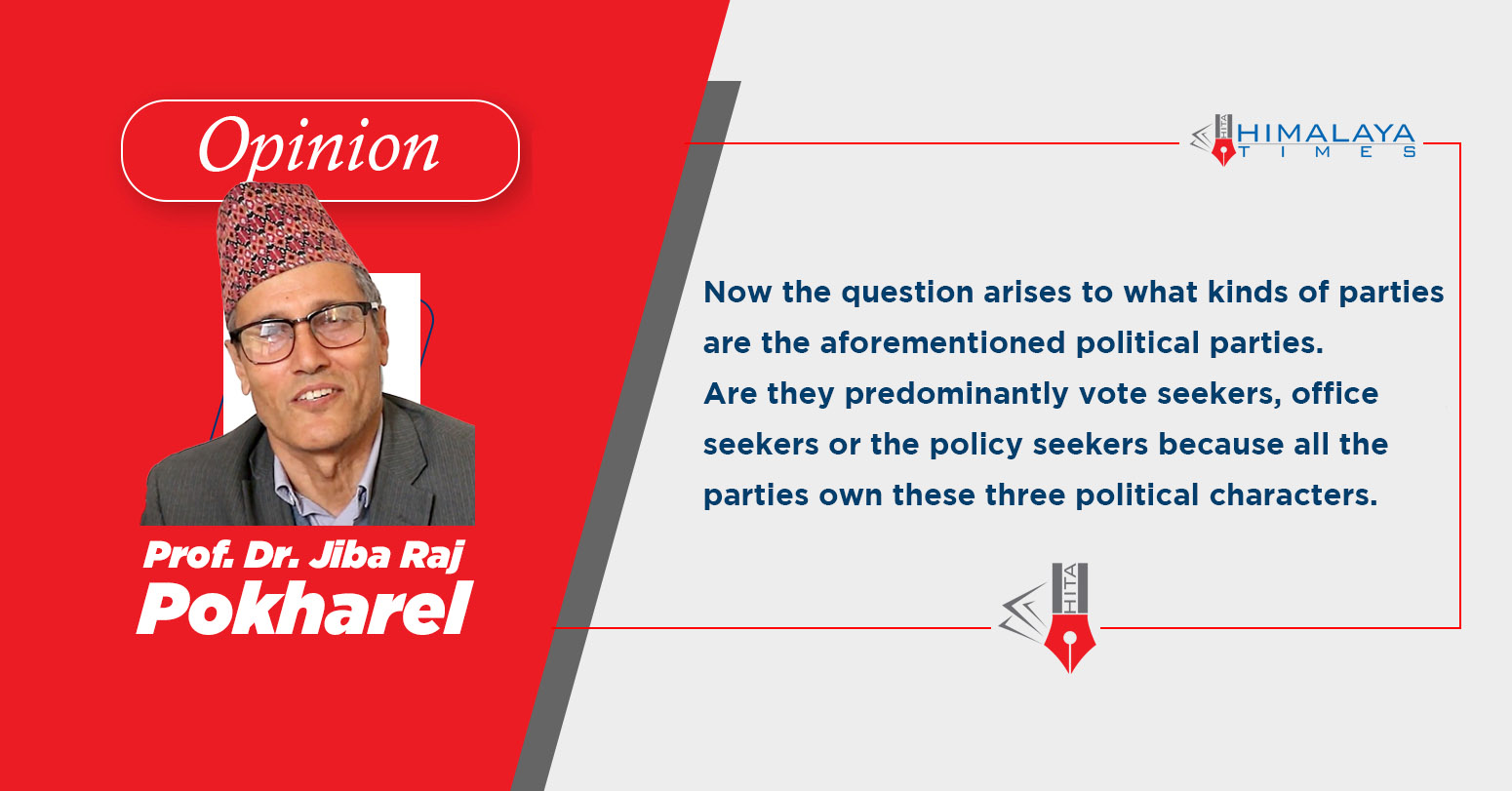
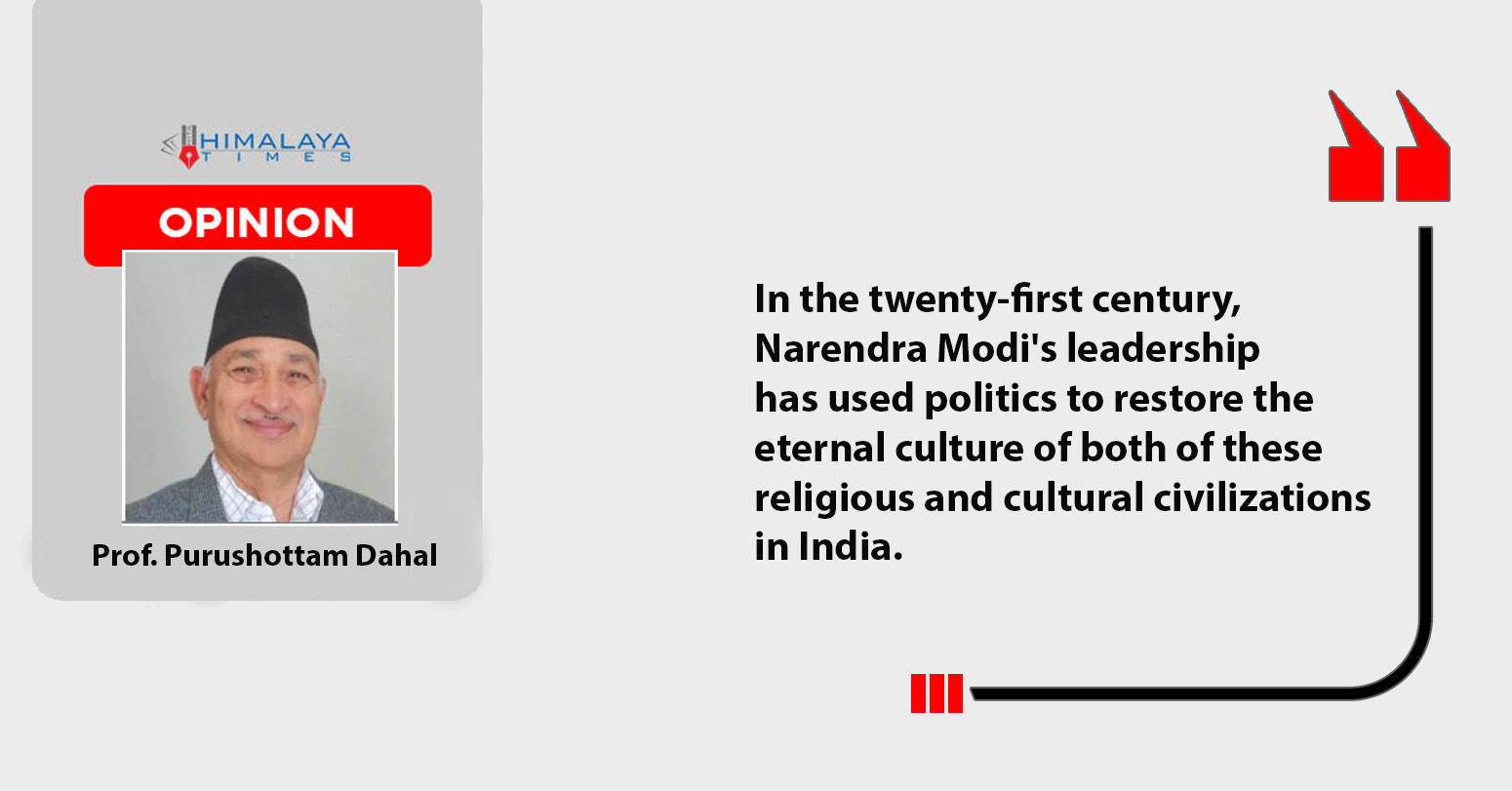
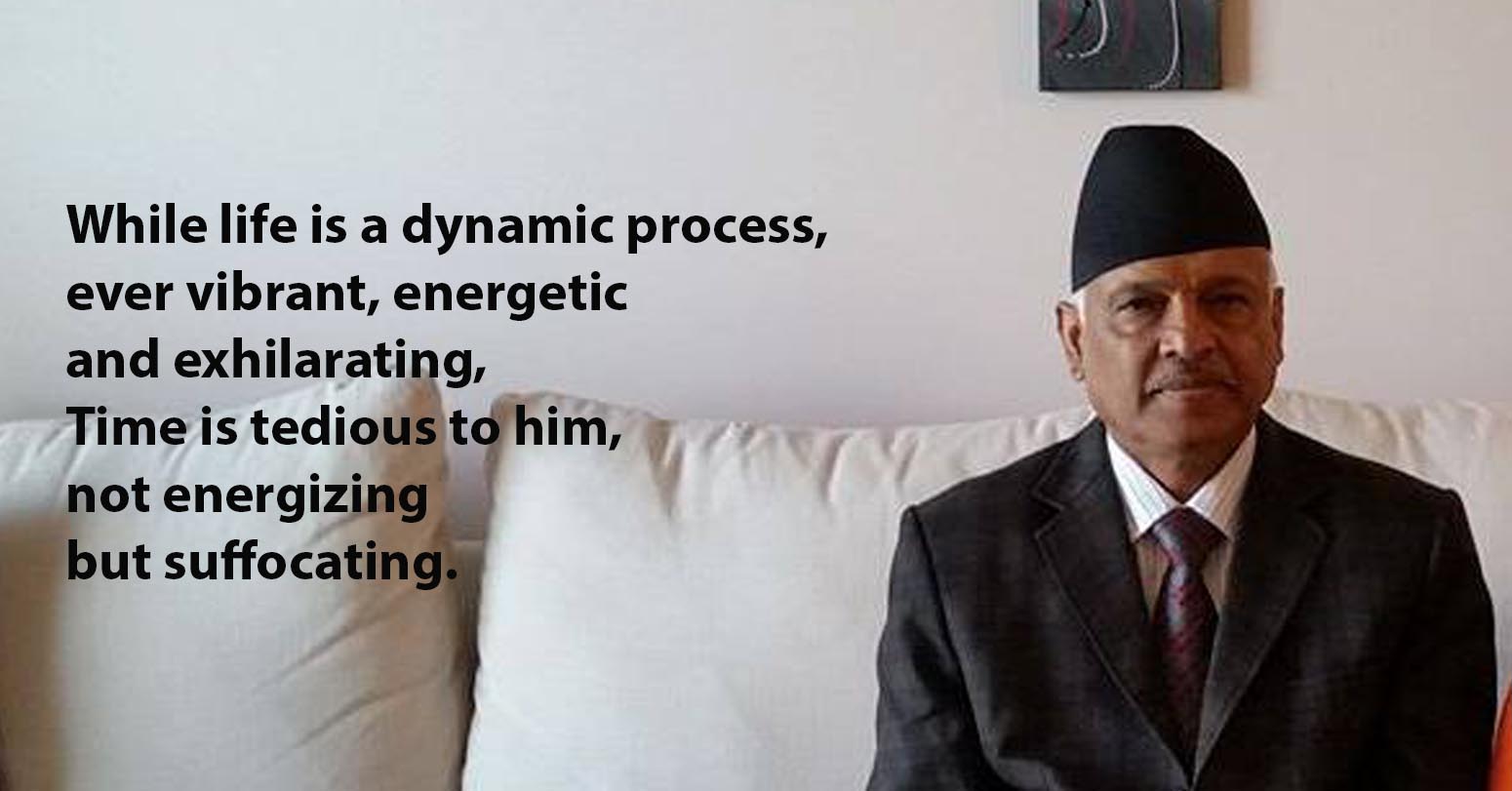
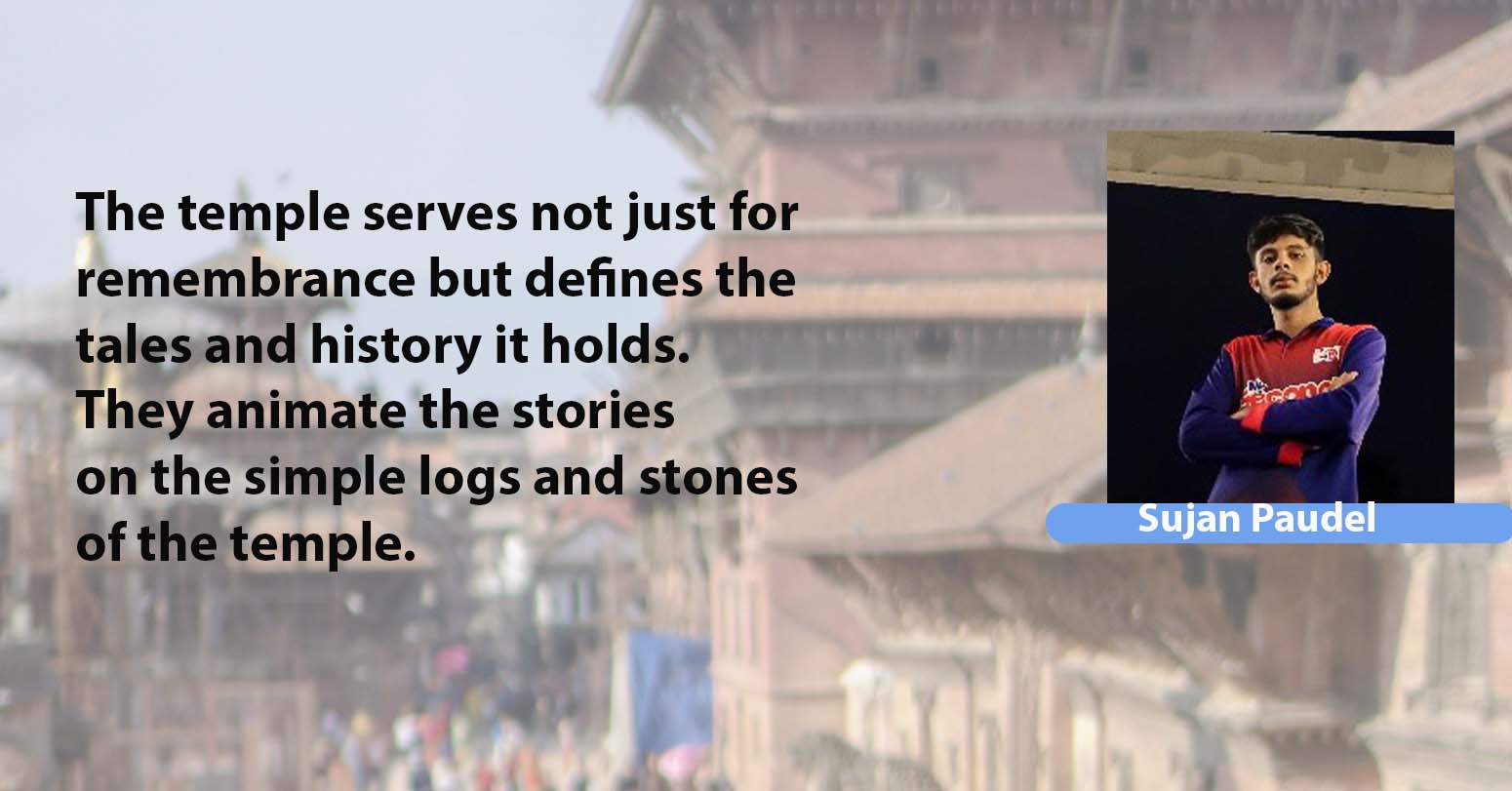
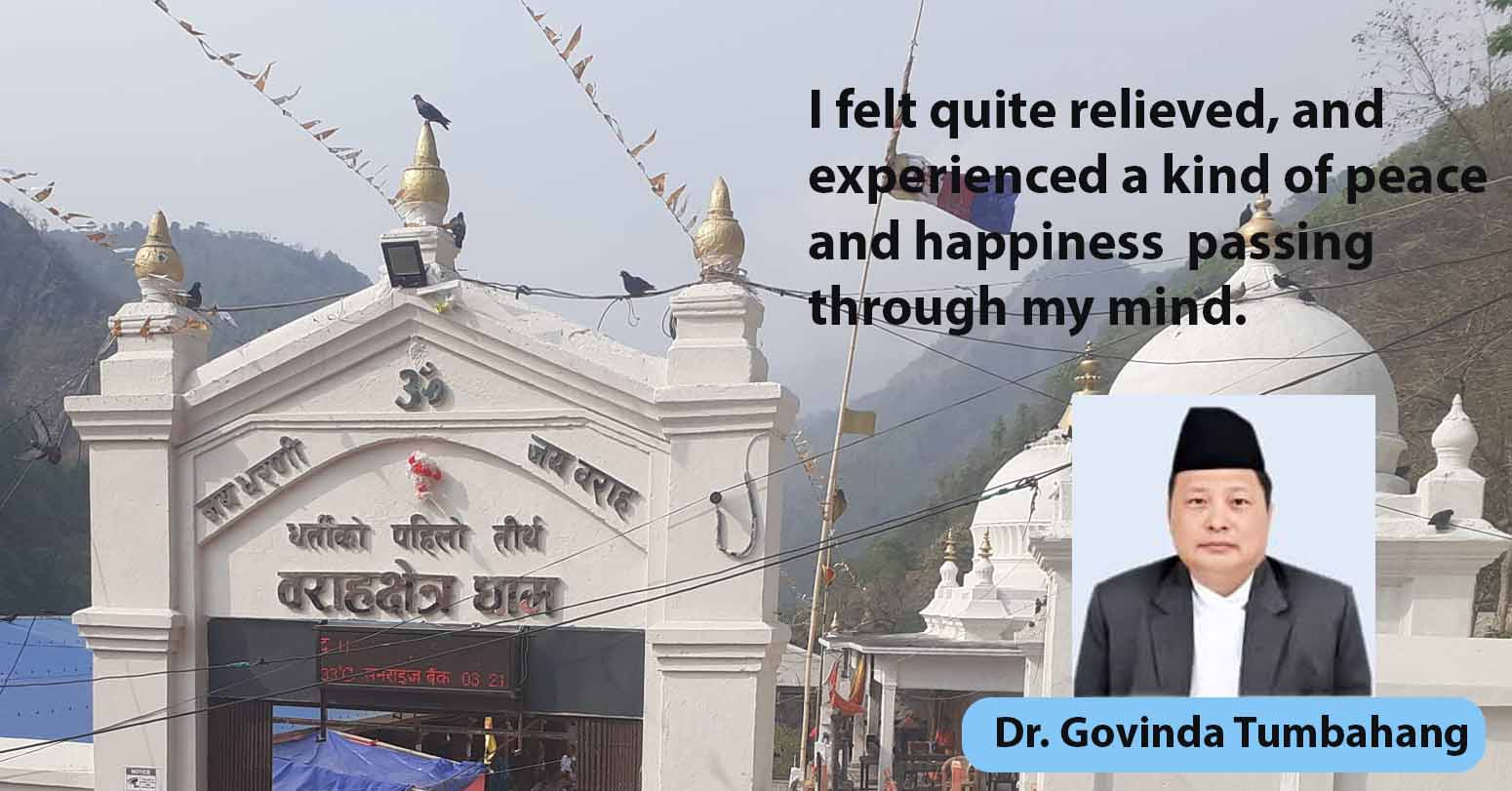
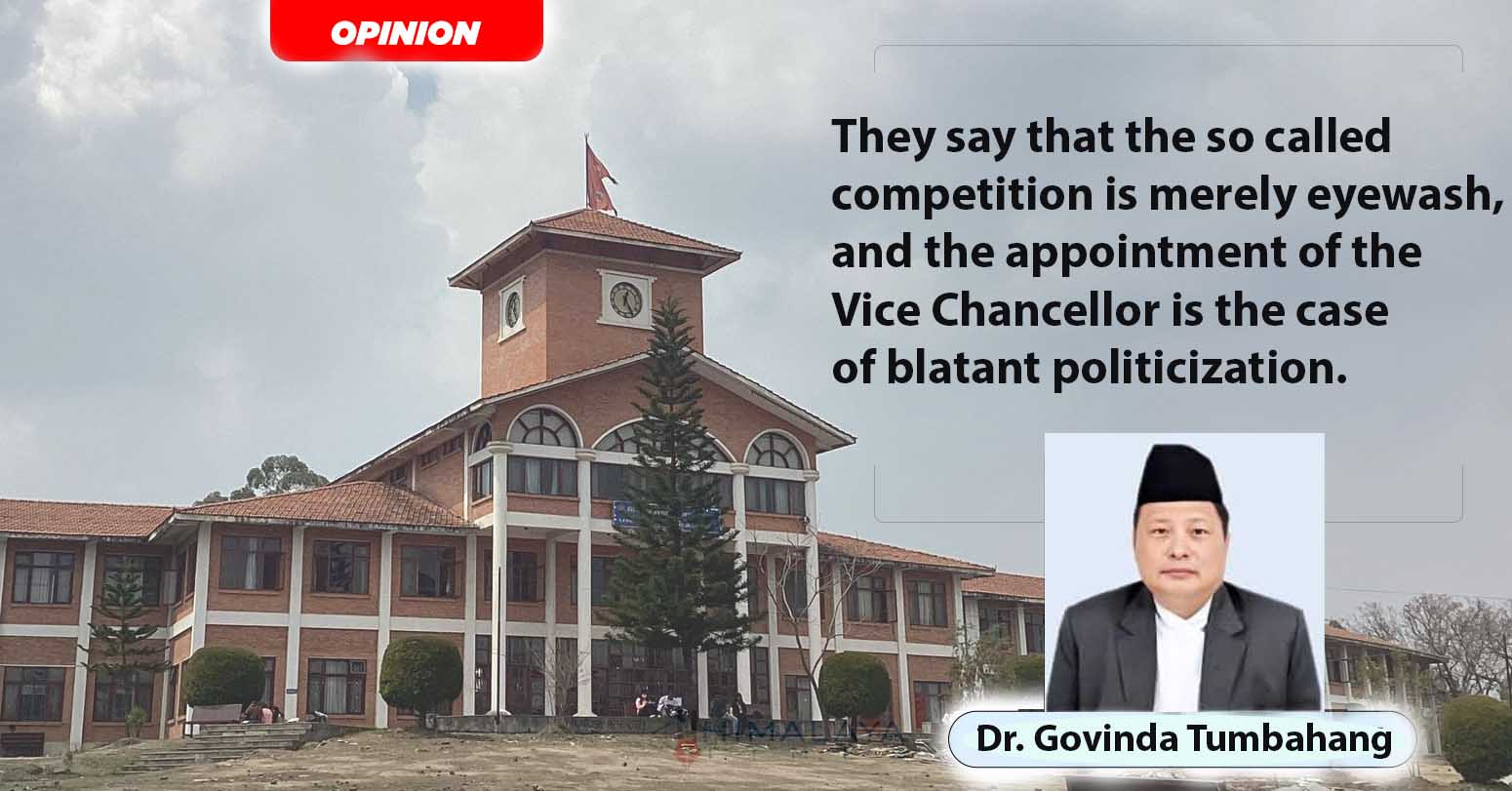
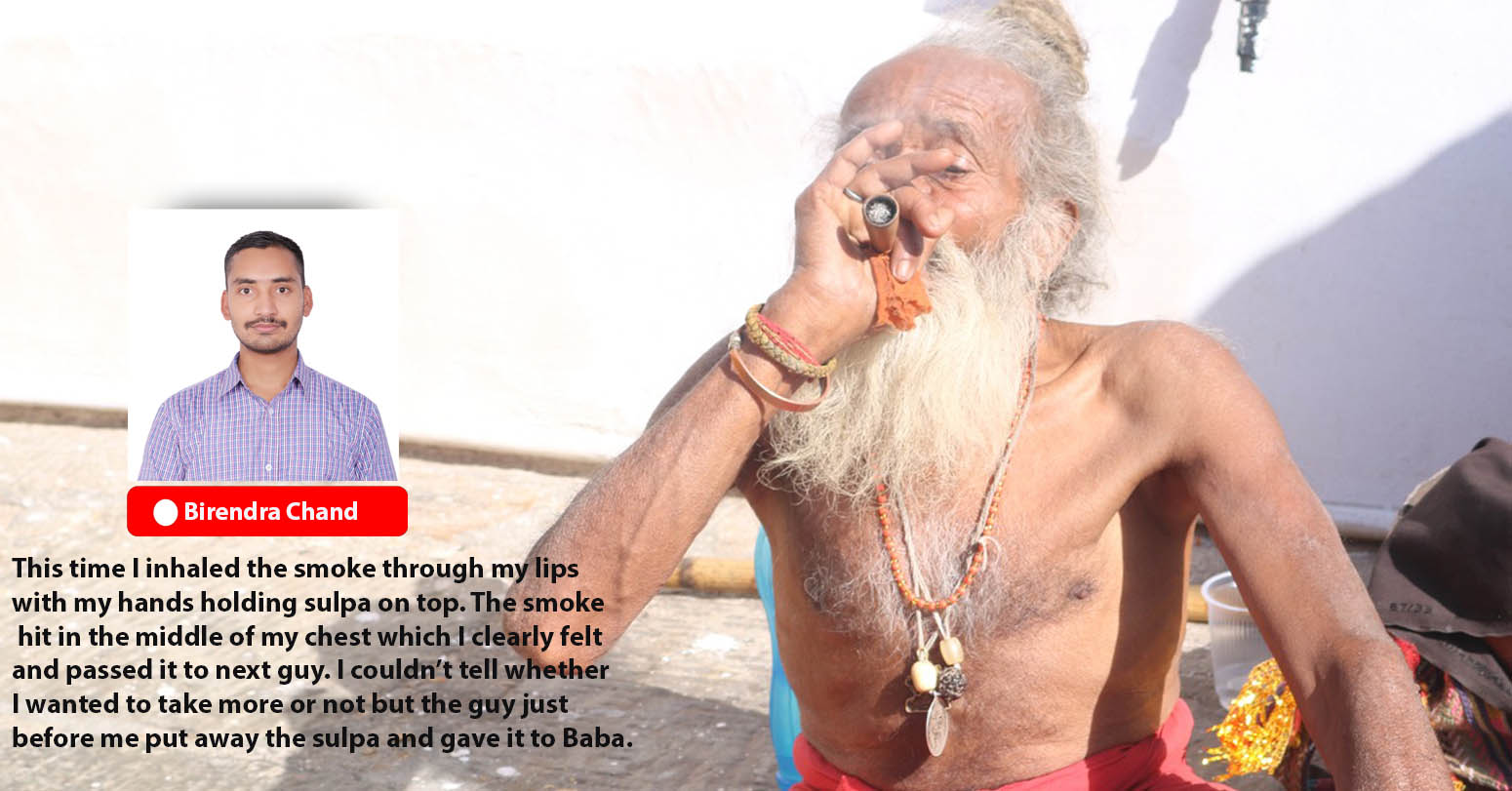

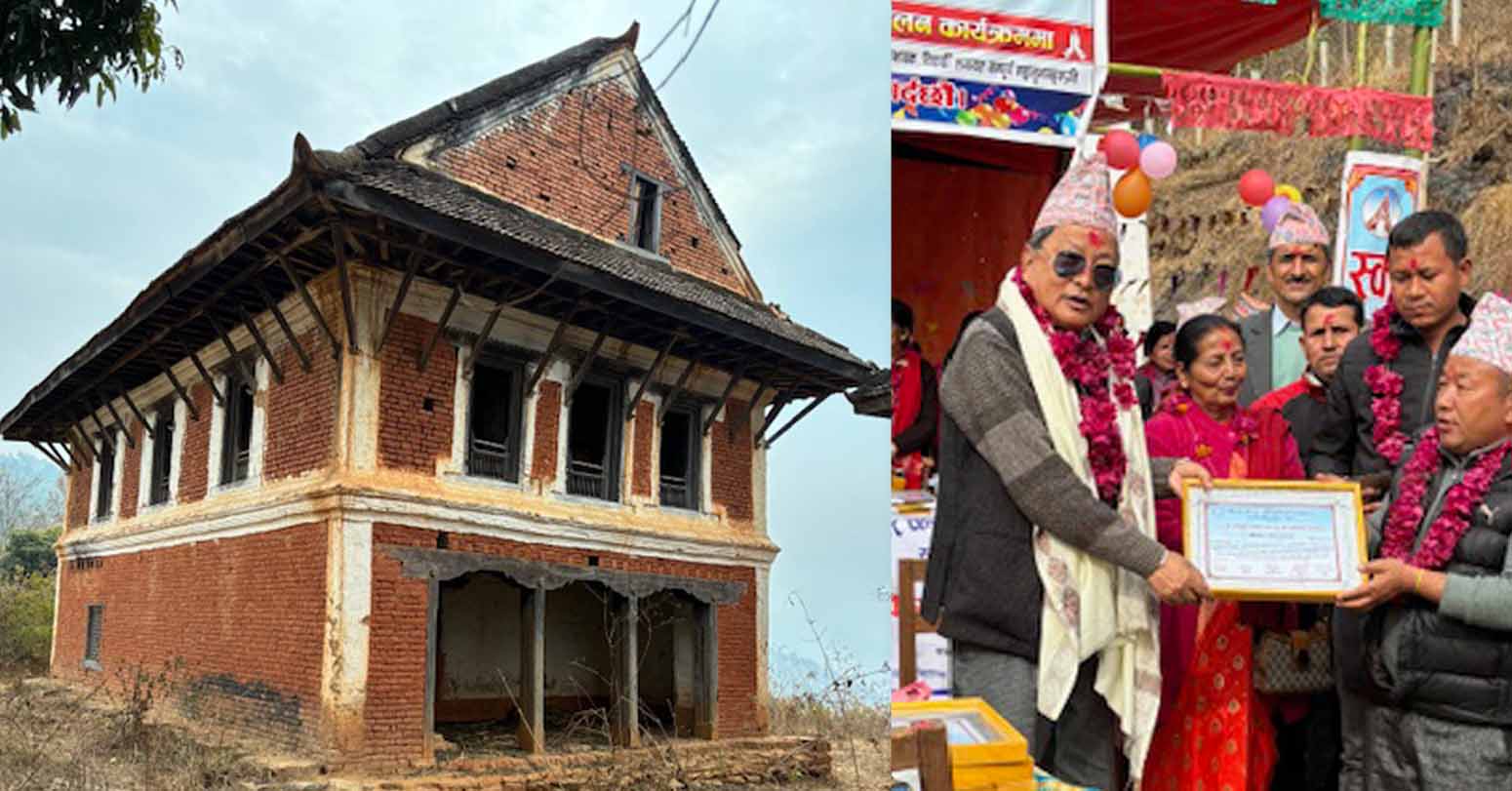

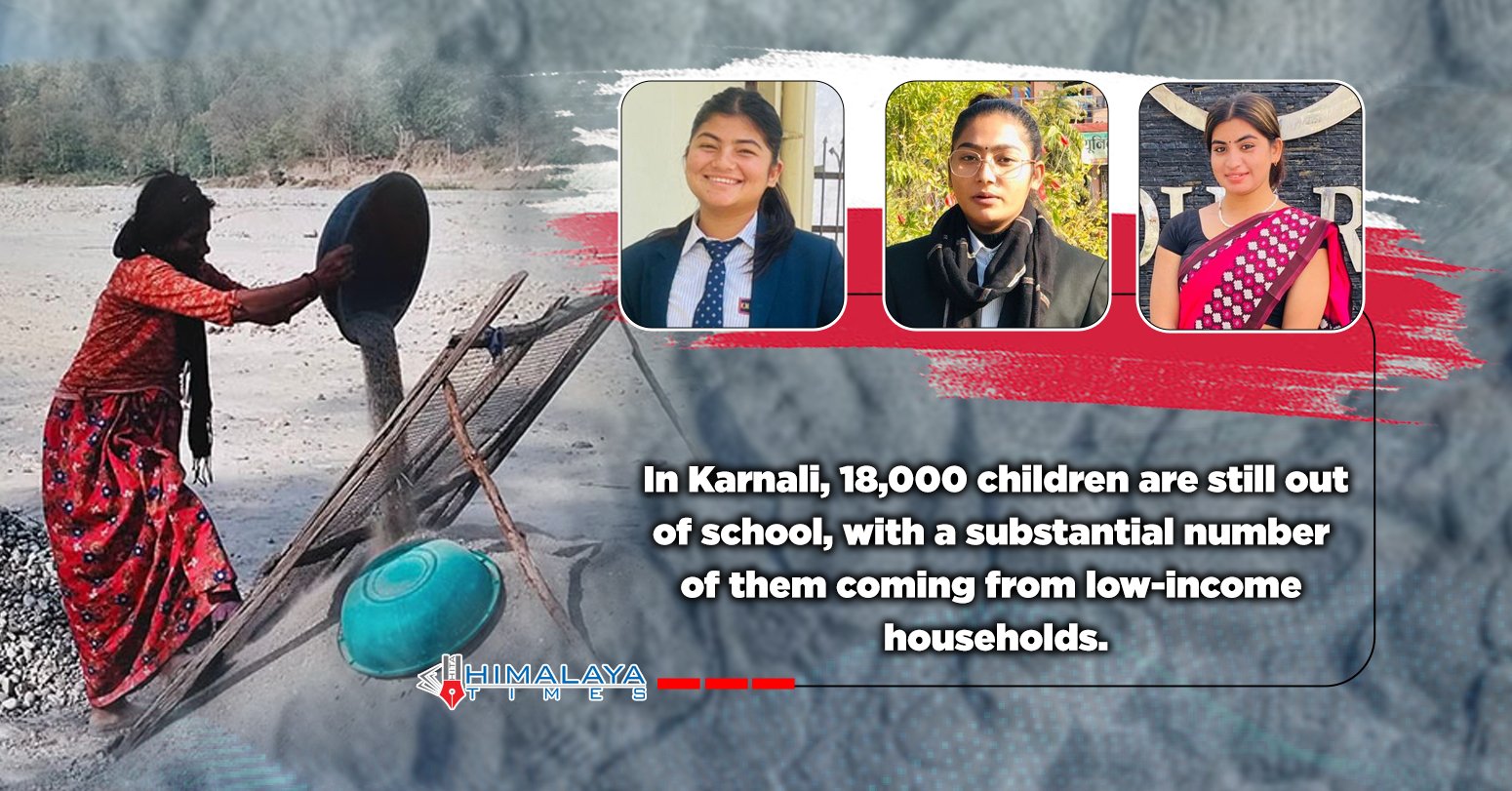
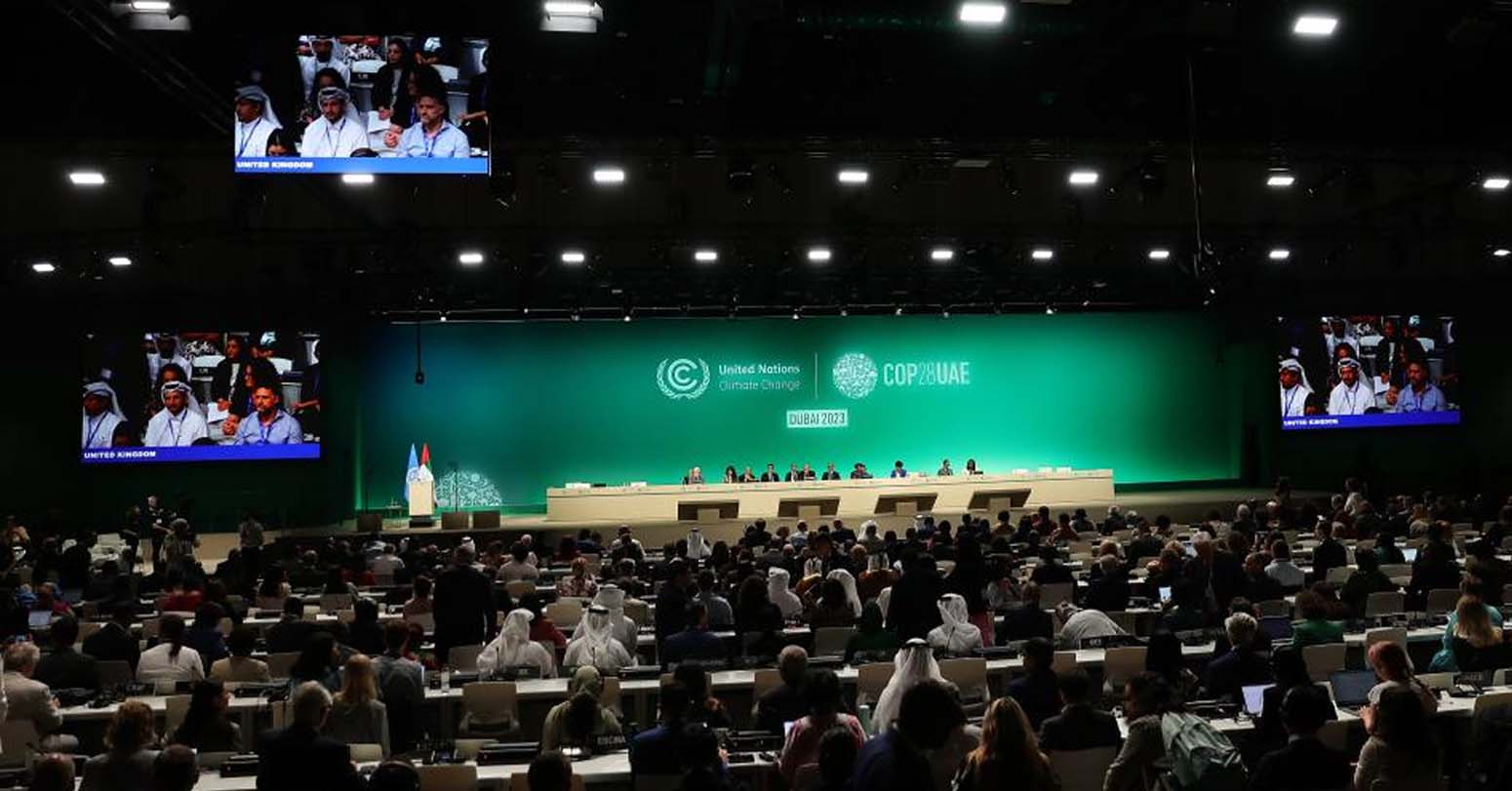
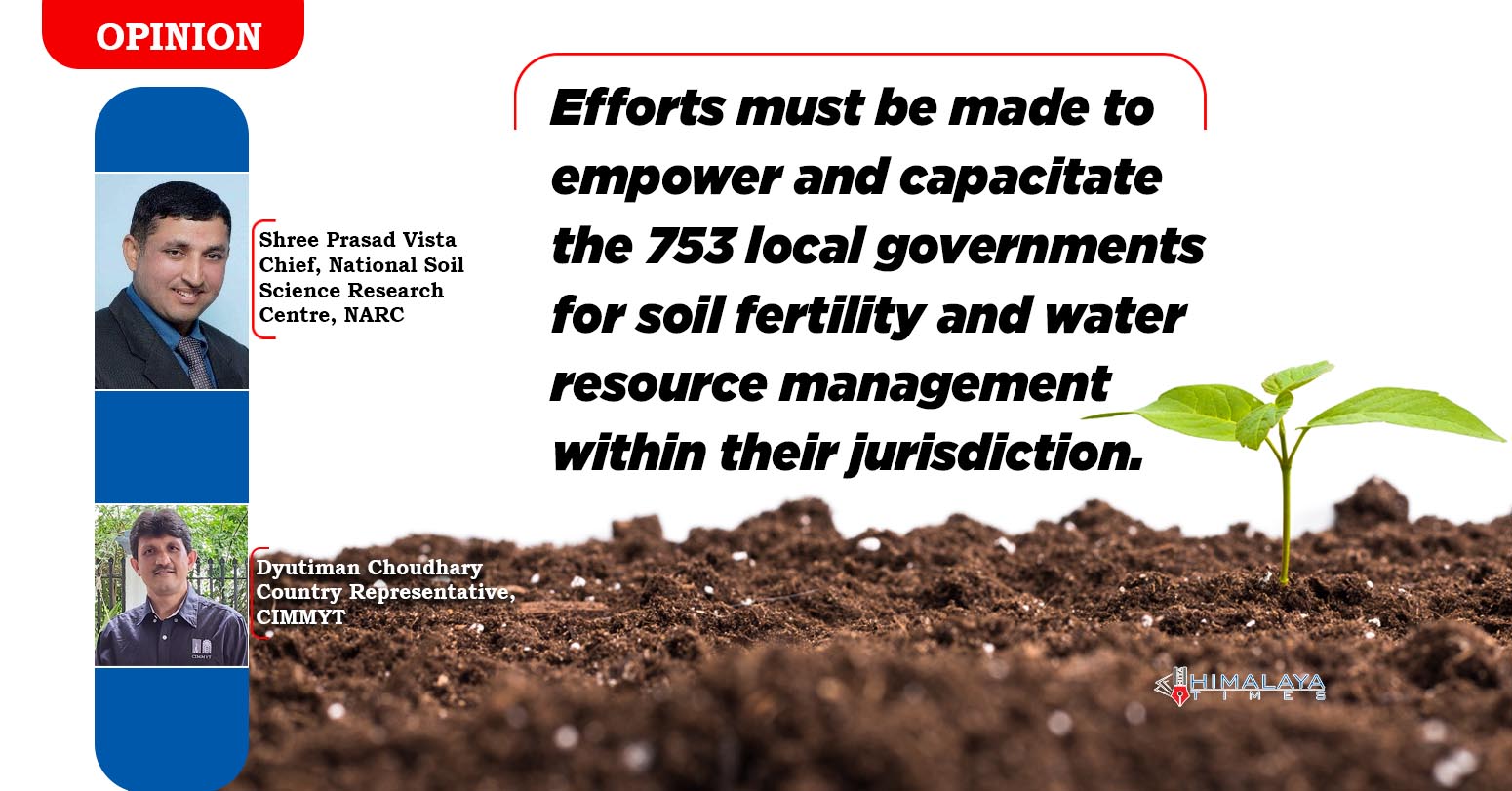
Comprehensive Data Protection Law Critically
Gender Differences In Mental Healthcare
Messi Wins Best FIFA Men’s
Erosion of Democracy
Fly Dubai Catches Fire in
“Complexities of the South Asian